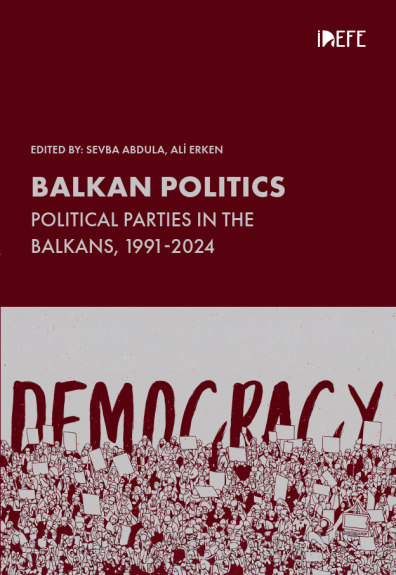Balkan Politics
Party Politics in the Balkans: Analysing the Relationship Between Party Systems Fragmentation and Voter Turnout
Authors
-
Magdelina KitanovaDr. Head of Political Analysis at Association of Young Scientists-Bulgaria
Political parties serve as fundamental institutions in democracies today. Their role often is as intermediaries between citizens and the state. Parties mobilise voters, aggregate interests and advocate for civic involvement. Party systems in the Balkans are the backbone and the drivers of political representation. Howe-ver, the relationship between party systems and civic engagement is not uni-form across regions, particularly in countries undergoing profound transforma-tion. As countries are still on the journey of democratic consolidation amidst post-conflict realities, the role of political parties is even more fundamental in this region. Parties’ effectiveness, however, is shaped by a wide range of factors including institutions, socio-political conditions, historical legacies. The Balkan countries stand at the crossroads of historical complexity and po-litical transformation, offering a distinctive context for exploring their party systems dynamics and influence on the democratic prosses in the countries.

This work is licensed under a Creative Commons Attribution-NonCommercial 4.0 International License.
Party Politics in the Balkans: Analysing the Relationship Between Party Systems Fragmentation and Voter Turnout
Downloads
Publication Information
-
Publication TypeChapter
-
Volume
-
Pages5-30
-
PublishedJune 5, 2025
-
Series
-
Series PositionResearch 11
